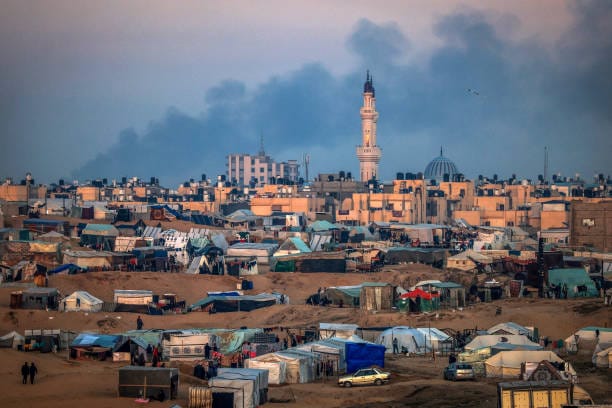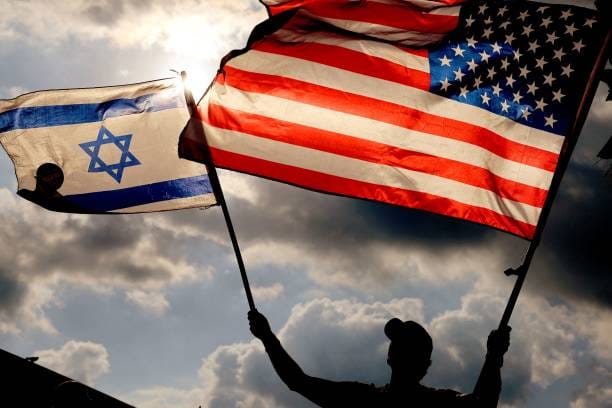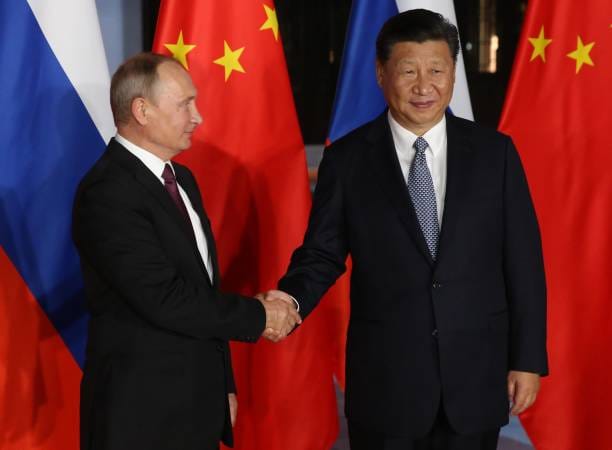A New Dawn in Gaza: Israel Withdraws Troops from Khan Younis

After months of intense conflict, the Israeli Defense Forces (IDF) have announced a significant withdrawal of ground forces from Khan Younis, the largest city in southern Gaza. This move marks a turning point in the ongoing hostilities and raises hopes for a de-escalation of violence in the region.
The IDF confirmed that its 98th division, which had been stationed in Khan Younis for four straight months, has completed its mission and left the Gaza Strip to recuperate and prepare for future operations. The division's departure leaves only the Nahal Brigade in the enclave, tasked with securing the Netzarim Corridor—a strategic route that allows humanitarian organizations to deliver aid directly to northern Gaza.
The withdrawal comes as international opposition mounts against the prolonged conflict. Despite maintaining for weeks that it planned a large-scale ground incursion into Rafah, the IDF's recent actions suggest a shift in strategy. Military officials believe targeted raids with new intelligence will be a more effective way to combat Hamas going forward.
Reports from Palestinian sources indicate that the Israeli army has retreated to 'relatively safer points' along the Gaza Sea's shore, a strategic decision aimed at reducing risk to the forces while maintaining a presence in the region. This maneuver has been met with mixed reactions, with some viewing it as a step towards peace, while others remain skeptical about the security implications for the area.
The IDF's operations in Khan Younis have been extensive, with commando units raiding and searching more than a hundred locations in the Al-Amal neighborhood. The military claims to have found "terrorist infrastructure" in every location searched, including a tunnel approximately 900 meters long⁵. However, these claims have not been independently verified.
The international community, including the United Kingdom, has expressed concern over the situation. British Foreign Secretary David Cameron emphasized that Israel's backing is "not unconditional," stating that Israel must abide by international humanitarian law even when challenged. Cameron's comments reflect a broader sentiment that, while Israel has the right to self-defense, it also has responsibilities as an occupying power.
As the dust settles on Khan Younis, the focus shifts to the humanitarian efforts needed to rebuild and provide for the people of Gaza. The Israeli withdrawal may pave the way for increased international involvement in these efforts, as well as renewed peace talks.
The situation remains fluid, with the potential for further developments as both sides reassess their positions. For now, the withdrawal from Khan Younis is a sign of change, one that many hope will lead to a lasting peace in a region that has seen too much war. Please kindly share this article before you leave. Thanks for your support



